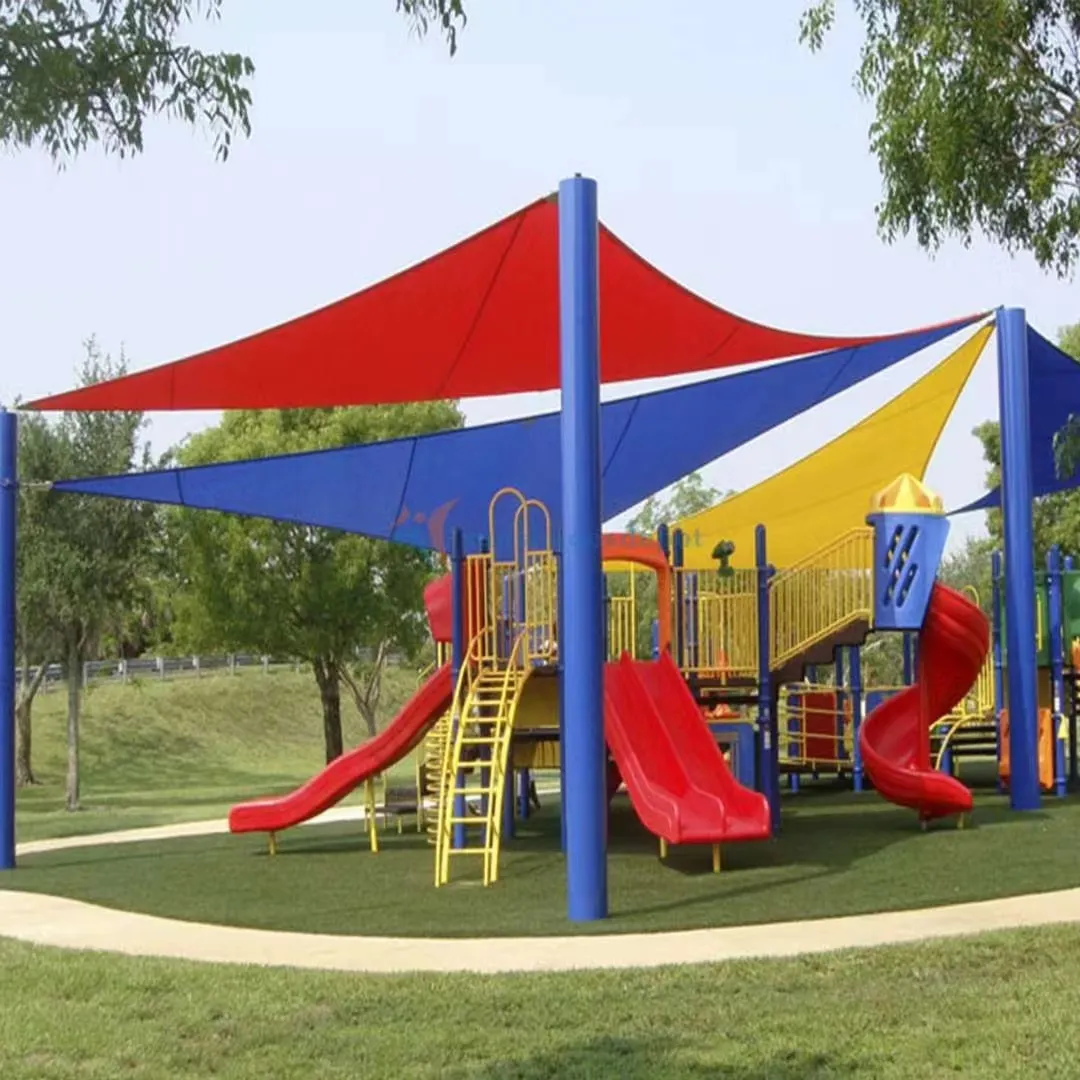-
 Afrikaans
Afrikaans -
 Albanian
Albanian -
 Amharic
Amharic -
 Arabic
Arabic -
 Armenian
Armenian -
 Azerbaijani
Azerbaijani -
 Basque
Basque -
 Belarusian
Belarusian -
 Bengali
Bengali -
 Bosnian
Bosnian -
 Bulgarian
Bulgarian -
 Catalan
Catalan -
 Cebuano
Cebuano -
 China
China -
 Corsican
Corsican -
 Croatian
Croatian -
 Czech
Czech -
 Danish
Danish -
 Dutch
Dutch -
 English
English -
 Esperanto
Esperanto -
 Estonian
Estonian -
 Finnish
Finnish -
 French
French -
 Frisian
Frisian -
 Galician
Galician -
 Georgian
Georgian -
 German
German -
 Greek
Greek -
 Gujarati
Gujarati -
 Haitian Creole
Haitian Creole -
 hausa
hausa -
 hawaiian
hawaiian -
 Hebrew
Hebrew -
 Hindi
Hindi -
 Miao
Miao -
 Hungarian
Hungarian -
 Icelandic
Icelandic -
 igbo
igbo -
 Indonesian
Indonesian -
 irish
irish -
 Italian
Italian -
 Japanese
Japanese -
 Javanese
Javanese -
 Kannada
Kannada -
 kazakh
kazakh -
 Khmer
Khmer -
 Rwandese
Rwandese -
 Korean
Korean -
 Kurdish
Kurdish -
 Kyrgyz
Kyrgyz -
 Lao
Lao -
 Latin
Latin -
 Latvian
Latvian -
 Lithuanian
Lithuanian -
 Luxembourgish
Luxembourgish -
 Macedonian
Macedonian -
 Malgashi
Malgashi -
 Malay
Malay -
 Malayalam
Malayalam -
 Maltese
Maltese -
 Maori
Maori -
 Marathi
Marathi -
 Mongolian
Mongolian -
 Myanmar
Myanmar -
 Nepali
Nepali -
 Norwegian
Norwegian -
 Norwegian
Norwegian -
 Occitan
Occitan -
 Pashto
Pashto -
 Persian
Persian -
 Polish
Polish -
 Portuguese
Portuguese -
 Punjabi
Punjabi -
 Romanian
Romanian -
 Russian
Russian -
 Samoan
Samoan -
 Scottish Gaelic
Scottish Gaelic -
 Serbian
Serbian -
 Sesotho
Sesotho -
 Shona
Shona -
 Sindhi
Sindhi -
 Sinhala
Sinhala -
 Slovak
Slovak -
 Slovenian
Slovenian -
 Somali
Somali -
 Spanish
Spanish -
 Sundanese
Sundanese -
 Swahili
Swahili -
 Swedish
Swedish -
 Tagalog
Tagalog -
 Tajik
Tajik -
 Tamil
Tamil -
 Tatar
Tatar -
 Telugu
Telugu -
 Thai
Thai -
 Turkish
Turkish -
 Turkmen
Turkmen -
 Ukrainian
Ukrainian -
 Urdu
Urdu -
 Uighur
Uighur -
 Uzbek
Uzbek -
 Vietnamese
Vietnamese -
 Welsh
Welsh -
 Bantu
Bantu -
 Yiddish
Yiddish -
 Yoruba
Yoruba -
 Zulu
Zulu
nylon insect mesh
The Benefits of Nylon Insect Mesh
Nylon insect mesh, a versatile and durable material, is increasingly becoming a crucial component in various applications aimed at pest control and environmental conservation. This fine netting, typically made of high-density polyethylene or nylon fibers, offers an effective barrier against insects while allowing air and light to permeate, making it a practical solution for gardens, greenhouses, and homes.
One of the most significant advantages of nylon insect mesh is its effectiveness in preventing harmful insects from accessing crops. In agricultural settings, farmers face constant threats from pests that can devastate yields. By installing nylon insect mesh, farmers can create a protective barrier that keeps out insects such as aphids, aphids, and whiteflies, which are known for spreading diseases. This not only reduces the need for chemical pesticides—thus promoting organic farming practices—but also helps in maintaining the health of crops, leading to higher productivity and better quality produce.
In addition to agricultural applications, nylon insect mesh is also widely used in residential settings. Homeowners utilize this material for window and door screens, ensuring that fresh air can circulate without inviting unwanted insects into living spaces. This is particularly beneficial in regions with high mosquito populations, as it provides a physical barrier that can help reduce the risk of insect-borne diseases such as West Nile virus and Zika virus. By incorporating nylon insect mesh into their homes, families can enjoy outdoor ventilation without compromising their health.
nylon insect mesh

Moreover, nylon insect mesh is highly durable and resistant to weathering, making it a long-lasting solution for pest control. Its UV stability ensures that it does not degrade under sunlight, maintaining its effectiveness over time. Unlike traditional materials that may rust or corrode, nylon mesh remains intact even in harsh environmental conditions. This durability translates to lower replacement costs and reduced waste, aligning with sustainable practices that prioritize environmental conservation.
The lightweight nature of nylon insect mesh also contributes to its versatility. It can be easily cut into various shapes and sizes, making it adaptable for different applications. Gardeners often use it to cover seedlings or fruit-bearing plants, protecting them from feathered and crawling pests while allowing pollinators to access the flowers. Additionally, its ease of installation means that even non-professionals can effectively set it up without the need for specialized tools or equipment.
In summary, nylon insect mesh serves as a valuable tool in both agricultural and domestic environments. Its ability to prevent insect intrusion, combined with its durability and adaptability, makes it an ideal choice for those looking to create a pest-free space while prioritizing sustainability. As awareness of the importance of environmentally friendly pest control solutions grows, nylon insect mesh will undoubtedly continue to play a vital role in promoting health and safety in our communities.
-
Why Nylon Mesh Netting is Revolutionizing Industrial and Commercial ApplicationsNewsJun.13,2025
-
Reinventing Reliability with Construction Wire MeshNewsJun.13,2025
-
Protect Your Crops with High-Performance Agricultural Netting SolutionsNewsJun.13,2025
-
Premium Breeding Net Solutions for Modern AquariumsNewsJun.13,2025
-
Precision Filtration Solutions for Industrial and Commercial NeedsNewsJun.13,2025
-
Advanced Industrial Mesh Solutions for Every ApplicationNewsJun.13,2025











